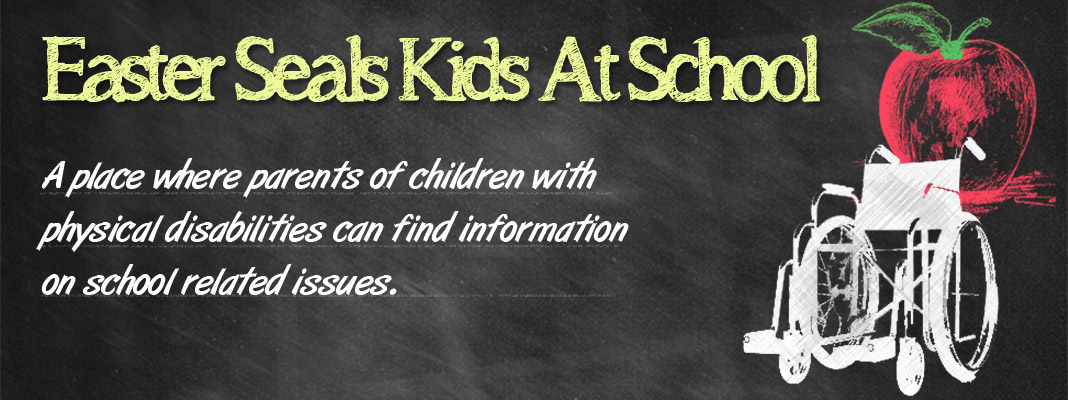Establish a partnership with the teacher at the beginning of the school year:
- Ask how the Teacher wants you to stay in touch.
- Arrange a meeting with the Teacher to discuss your child’s needs and program
- Ask for suggestions of activities that you can do at home with your child to support the child’s learning
- Suggest a follow-up meeting a few weeks later to see how your child is managing in the classroom
Get involved in school activities:
- Attend any meet the teacher or open house events
- Introduce yourself to the teacher(s) and Principal
- Volunteer in the classroom or at school activities, if you have the time
- If you can’t volunteer at the school find out if there are other ways you can help the teachers or the school
Calling the school:
- Be clear about the reason you are calling and what you want to talk about
- Be direct and confident, yet positive and polite
- If you are not satisfied, ask who else you may speak to
- Convey a sense of cooperation. For example; “How can we work with each other?”
- End the conversation with a summary of the discussion and the next steps
- Take notes while talking with school personnel over the phone
- Get names, titles, dates, and a write a brief summary of what was said and by whom
- Follow up telephone calls with a short summary letter. For example: “It is my understanding from our telephone conversation of (date) that points 1, 2 and 3 will happen, etc.” Keep a copy for files.
At a school meeting:
- Start the meeting with introductions to make sure you know everyone’s name and their role at the school
- Bring a friend or relative with you to take notes or speak for you, if necessary
- Request for clarification of the meeting purpose and goals to make sure everyone has the same expectations
- Share a positive story or recent success of your child and provide praise to the staff who helped your child succeed
- Come to the meeting with an open mind, ready to listen to the opinions and ideas of the school staff
- Be clear about your concerns and be specific in your requests and responses. Rather than “My child isn’t learning” develop statements such as “My child cannot read his/her 5th grade reader.”
- Share your ideas in a clear and organized way
- Share any reports or information that provide information about your child and their strengths and needs
- Be realistic about your expectations and requests.
- Be prepared for the best and the worst outcome, and come ready with alternatives and options
- At the end of the meeting ask for a summary of the discussion and next steps
- If minutes from the meeting are going to be sent out, request a copy.
- After the meeting make your own notes about what happened, including the names and titles of those who attended
- Follow up the meeting with a short summary letter. Example: “It is my understanding from our meeting of (date) that points 1, 2 and 3 will happen, etc.” Keep a copy for files.
